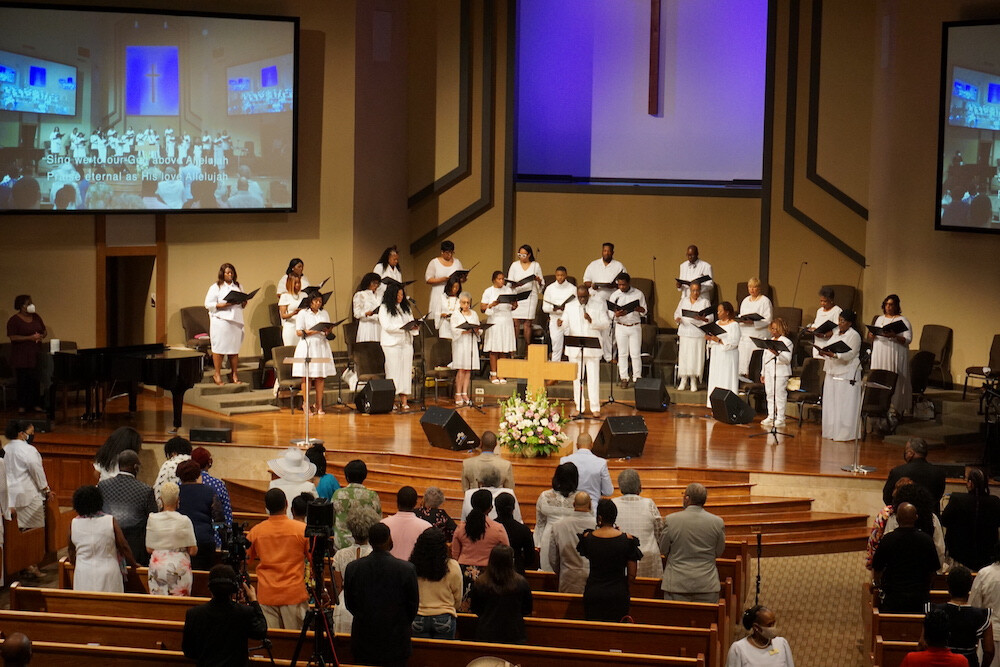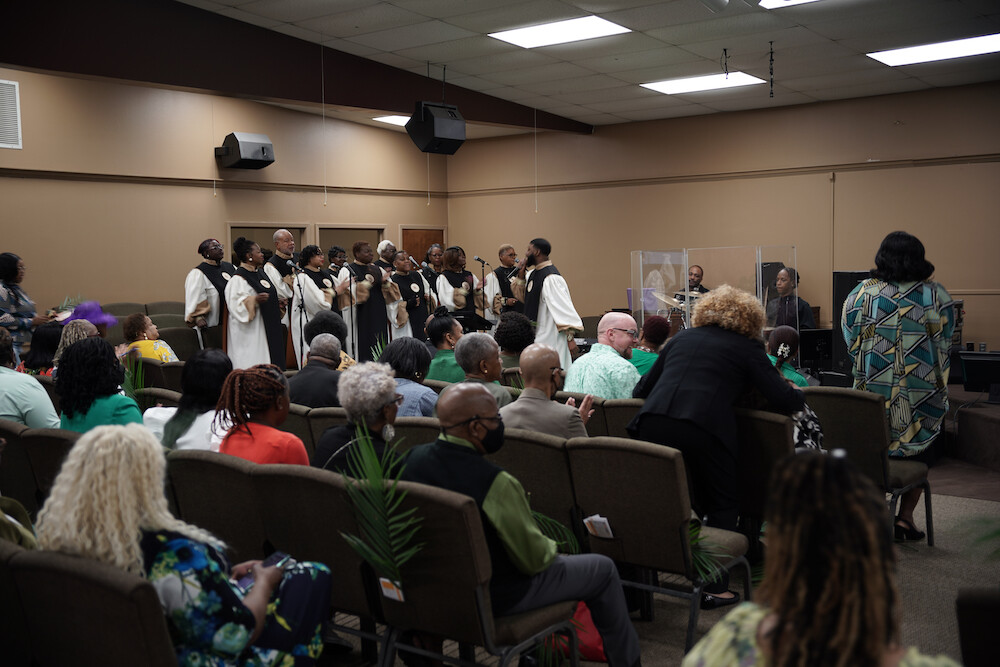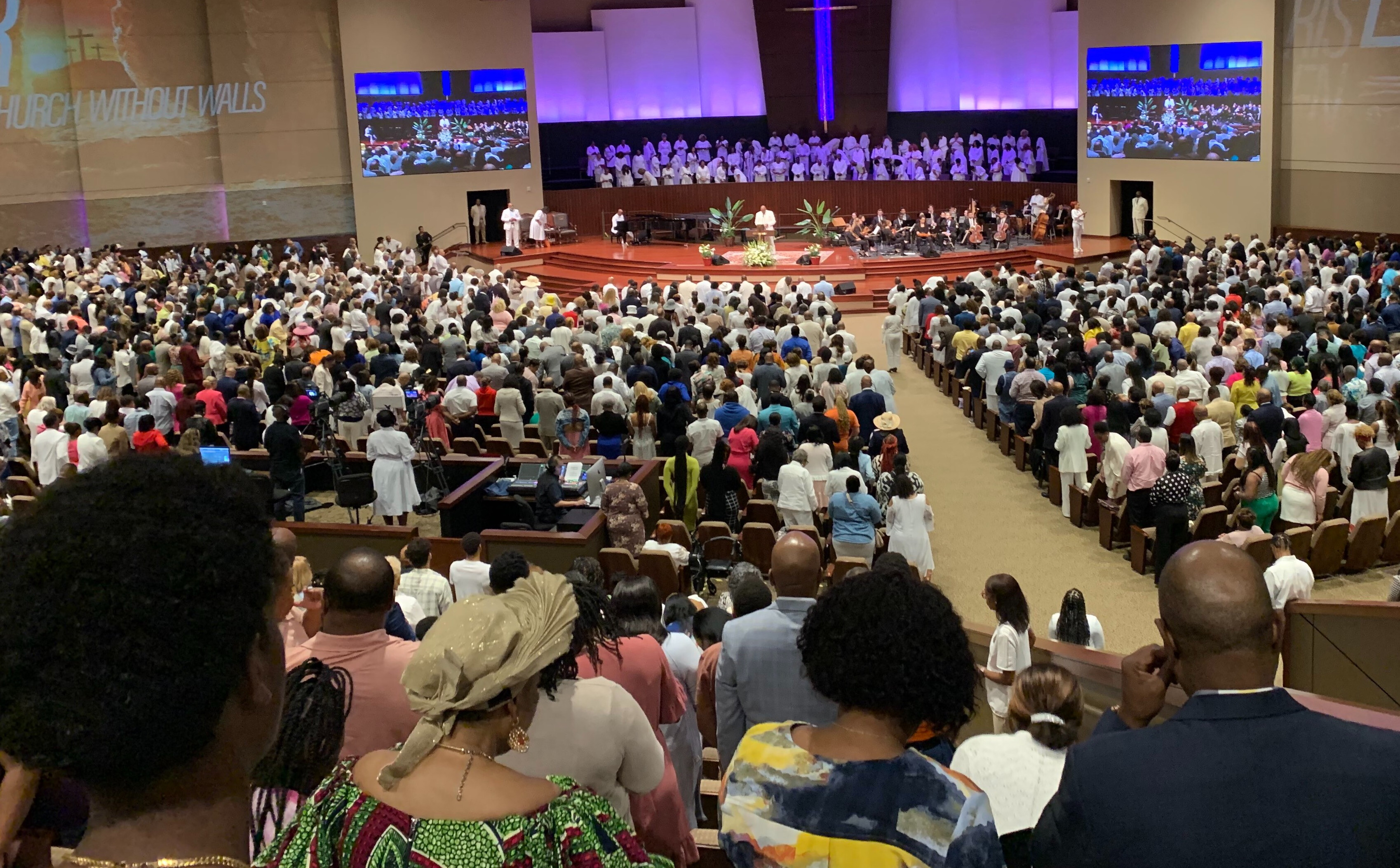The Power of Mercy in Your Life

The Power of Mercy in Your Life
Have you ever wondered why showing mercy is so important? Or how it can impact your life and the lives of those around you? You’re not alone. Many of us struggle with understanding the true power of mercy. But what if I told you that mercy is not just a nice-to-have quality, but a vital part of living a fulfilling Christian life? Let’s dive into this together.
In Matthew 5:7, Jesus says, "Blessed are the merciful, for they will be shown mercy." This simple yet profound statement is a cornerstone of Christian living. It’s not just about being kind; it’s about embodying the very essence of God’s love and grace. When you show mercy, you’re not just helping someone else—you’re also opening the door for God’s mercy to flow back into your life.
The Reach of Mercy
Mercy isn’t just for the comfortable, air-conditioned spaces of our churches. It’s for the messy, complicated, and often uncomfortable situations we find ourselves in daily. It’s easy to be merciful when everything is going well, but the true test comes when you’re faced with someone who disrupts your peace or challenges your patience.
Think about it: How often do you encounter someone who needs mercy but find it hard to give? Maybe it’s a coworker who constantly irritates you, or a family member who has wronged you. Jesus knew this would be challenging, which is why He emphasized it so strongly. He wants us to move from an inward focus to an outward expression of His love.
The Reason for Mercy
Why should you care about being merciful? Because God has been merciful to you. In Matthew 18, Jesus tells the parable of the unmerciful servant. A man forgiven a massive debt turns around and refuses to forgive a small debt owed to him. The lesson? If you’ve received mercy, you’re expected to extend it to others.
Mercy is active pity. It’s not just feeling sorry for someone; it’s taking action to alleviate their suffering. Proverbs 14:21 says, "He who despises his neighbor sins, but blessed is he who is kind to the needy." When you show mercy, you’re not just fulfilling a moral obligation; you’re reflecting God’s character.
The Reward of Mercy
Here’s the kicker: When you show mercy, you receive mercy. It’s a divine rebound effect. What you send out comes back to you. This isn’t just a spiritual principle; it’s a practical one. When you’re merciful, you create an environment where mercy can thrive. You build relationships based on grace and understanding, which in turn makes your life richer and more fulfilling.
Action Steps
- Identify Someone Who Needs Mercy: This week, think of someone in your life who needs mercy. It could be a friend, a family member, or even a stranger.
- Take Action: Don’t just think about it—do something. Write a note, make a call, or offer a helping hand. Show them active pity.
- Reflect on God’s Mercy: Spend some time in prayer, thanking God for the mercy He has shown you. Let this gratitude fuel your actions.
The point is simple: Jesus wants you to be merciful because He has been merciful to you. What will you do this week to show mercy? Remember, if you don’t, you won’t receive. Mercy is a two-way street. It’s not just about what you give; it’s also about what you receive.
So, I’m asking you—yes, you—to take a step this week. Show mercy to someone who needs it. You’ll be amazed at how it transforms your life and theirs.
Prayer
Dear Lord, thank You for the mercy You have shown us. Help us to extend that same mercy to others, even when it’s difficult. Give us the strength to act with compassion and grace. May our lives be a reflection of Your love. In Jesus’ name, Amen.
This blog post was created from the sermon, “Rebound” by Pastor Ralph Douglas West, from the sermon series, “Cries of Mercy”. Visit our sermon archives to watch the entire sermon.








Login To Leave Comment